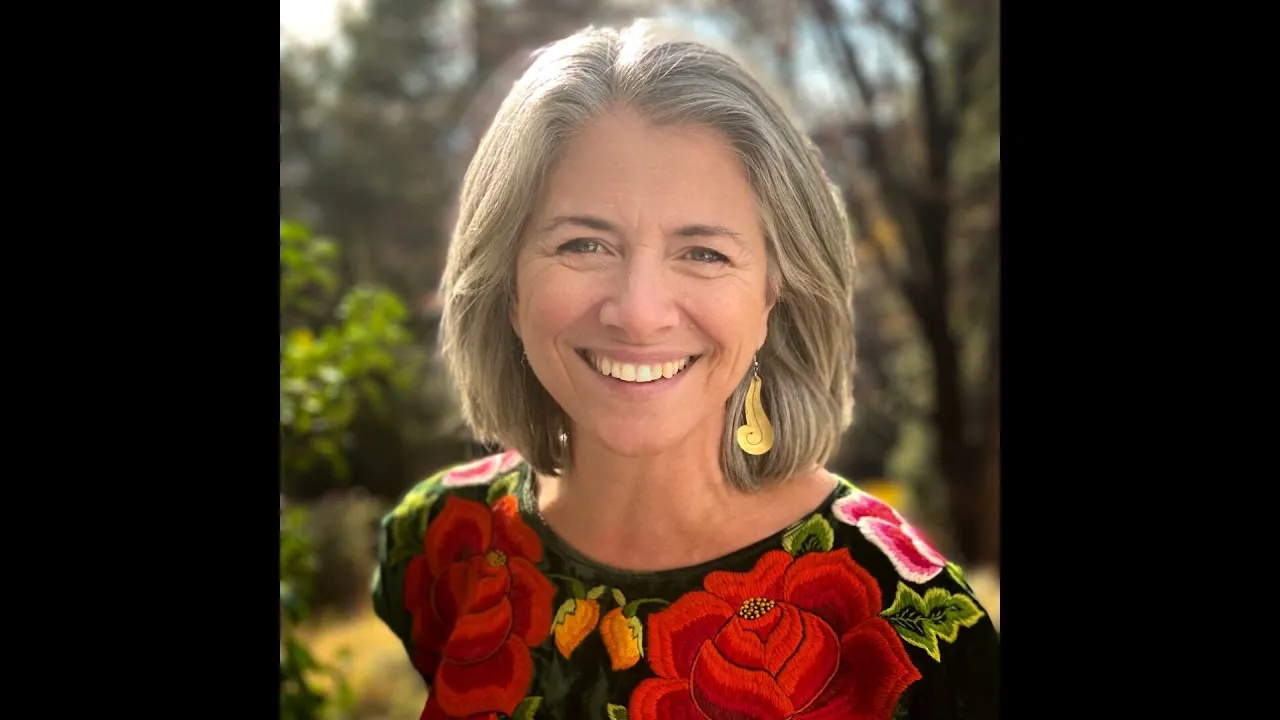Separation and Divorce Ambivalence in Family Mediation
Attachment in adult relationships Couples facing separation must cut their legal and financial ties and grow out of their emotional […]
Read complete blog >>
In 2001 Marshall Duke and Robyn Fivush created a scale known as Do You Know. The scale has 20 questions which assess how well a child knows their family stories and history. All the questions are ones that a child can only know the answers to if they know their family’s history and have been told stories about their families. Therefore, they can’t know the answers through observation.
Duke and Fivush found that children’s and adolescents’ emotional well-being and happiness could be predicted based on what they scored on the Do You Know scale.
Children and adolescents who knew more about their families’ stories and legacies were more resilient and, hence, better at moderating stress’s effects. They could handle challenges better than children who didn’t know their families’ stories well. They also had a stronger sense of their identities and a stronger sense of control over their life and future.
Children and adolescents familiar with their familial stories had higher self-esteem and self-worth. They were socially and academically more competent. Also, they showed fewer behavior problems.
Why does knowing familial stories benefit children’s emotional well-being and mastery?
Duke and Fivush found that families where children were told stories functioned better. Communication and interaction were positive and open, and families celebrated holidays and maintained traditions. Strong families don’t only share stories. They also spend time together. They celebrate holidays, go on vacations, have family get-togethers and have big and small family traditions. These activities create a sense of history as many traditions are passed on from generation to generation.
Children who grow up in families where stories are shared feel part of something bigger than themselves. Sharing stories binds generations. At the same time, stories help children develop their own identity and a robust intergenerational self.
Families can tell their stories in three different ways. In an ascending narrative, we tell a story where things go from bad to better and then to fantastic. An ascending story would describe, for example, how the family’s educational level and the careers of the family members have improved with each generation as the years go by.
In a descending narrative, we describe how things go from good to bad. This kind of storyline is typical in, for instance, stories where the family has lost its wealth or how life became really hard after the loss of a primary caregiver.
We tell an oscillating story when we tell a story with ups and downs, triumphs and setbacks. An oscillating storyline is the healthiest narrative as it’s a tale of a family that stays together through the ups and downs. It also accurately reflects the twists and turns that life brings about.
The stories families share are not only about how to get through problems. The stories should also reflect a positive sense of self. How we tell the stories of hardship matters. If we regale a story about difficulties with some humor and openness, we show that problems are not insurmountable.
When a story is told repeatedly, it will start changing, and a problematic tale will end well at some point. Retelling a harrowing story and finding its good ending helps us realise that we have agency and how we talk about our life experiences matters.
Many of the familial stories children hear are not true or entirely accurate. Many stories are told to teach a life lesson or support a child who is physically or emotionally hurt. Many versions of the same stories may be circulating in a family. That’s OK.
Telling our stories helps us integrate our implicit memories and begin to heal from our traumas.Desmond Tutu and Mpho Tutu
Now it’s your turn
Have a look at the Do You Know questions below. Start by asking yourself if you know the answers. How well do you know your family’s story? If your knowledge is not as good as it could be, you can touch base with family members and interview them.
It is vital to remember that simply knowing the answers to questions will not produce good outcomes in your child or children, as described above. The good outcomes and the knowledge of family history resulted from family time, shared experiences, and stories of triumphs and tribulations.
Next, turn to your child and tell them your family’s story. Work towards creating a family culture and legacy where stories of your lives are told and shared. The questions above are only examples of stories you can share with your children. Use these questions as a starting point for sharing family stories.
Does motherhood feel tough and challenging? Do you feel lost as a mother? Join our MotherGood program for mothers and mothers-to-be.
This blog was originally published by Aurelia Psychology.
Articles on www.hoopfull.com may feature advice and are for informational purposes only. It is not intended to be a substitute for medical advice, diagnosis or treatment from a trained professional. In an emergency, please seek help from your local medical or law enforcement services.
Keep up to date with the Hoopfull community.

Attachment in adult relationships Couples facing separation must cut their legal and financial ties and grow out of their emotional […]
Read complete blog >>
We spend years in school learning math, biology, and history, but very few of us are ever taught the actual […]
Read complete blog >>
Our standard of living has improved physically and materially. Life expectancy has increased. Healthcare, housing, education, infrastructure, and human rights […]
Read complete blog >>